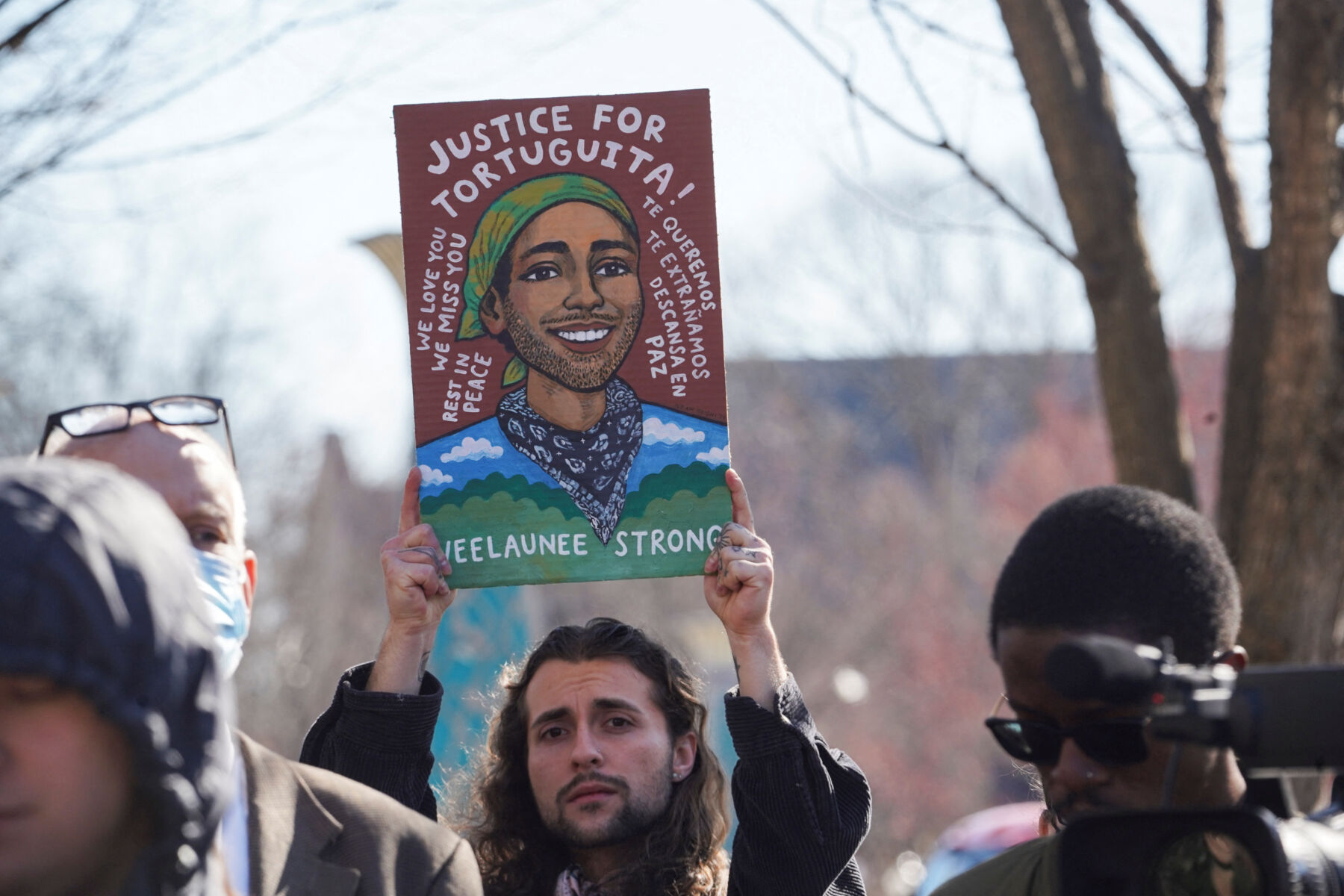Atlanta approves contentious Cop City despite police violence and environmental concerns

Atlanta’s City Council has given the green light to a contentious new law enforcement training facility, dubbed “Cop City” by critics, despite concerns over police violence and potential environmental impacts. The $90m project was approved by an 11-4 margin on Tuesday, following 14 hours of public comment, much of which opposed the facility.
Reverend James Woodall, former president of Georgia’s NAACP branch, criticised the council’s decision as “immoral and undemocratic,” and said, “A vote today for this paper is a public endorsement of war, of human rights abuse, of militarised streets in our city.”
For years, social justice groups have organised against the proposed police training facility, arguing that it would promote police militarisation and damage a local forest referred to as “the lungs of Atlanta.” On the other hand, supporters claim the facility will help recruit and retain police officers and improve public service. The facility is set to include a mock city for police and firefighters to train in and driving courses.
As part of the approval, the Atlanta City Council also sanctioned $31m in immediate public funding for the project and a lease-back arrangement that will pay the Atlanta Police Foundation $36m over 30 years. Mayor Andre Dickens hailed the decision as a “major milestone for better preparing our fire, police, and emergency responders to protect and serve our communities.”
However, opposition to the project brought together environmental, racial justice, Indigenous rights, and leftist political groups across the country. They argue that the project prioritises policing over other public needs. Matthew Johnson, executive director of Beloved Community Ministries, a local social justice nonprofit, stated, “We’re here to stop environmental racism and the militarisation of the police. We need to go back to meeting the basic needs rather than using police as the sole solution to all of our social problems.”
The protests gained more attention in January when police shot and killed environmental activist Manuel Esteban Paez Teran, a 26-year-old who had joined other demonstrators in occupying the project’s future site. Since the protests began, numerous activists have been arrested. In March, a judge charged 22 people with “domestic terrorism” for their involvement in the demonstrations, raising concerns over free speech and the right to protest.
Last week, police arrested three organisers who led the Atlanta Solidarity Fund, which provided bail payments for those arrested during protest actions. Prosecutors accused the group of fraudulently financing protest actions, with the arrest warrant citing expenses such as “gasoline, forest clean-up, totes, COVID rapid tests, media [and] yard signs.” Human rights groups have expressed alarm over the arrests, which were carried out by heavily-armed police officers. US Senator Raphael Warnock also voiced his concern on Twitter.
The facility is set to be built on 85 acres (34.4 hectares) of city land in unincorporated DeKalb County. It received initial approval in September 2021.
Latest Thailand News
Follow The Thaiger on Google News:


























